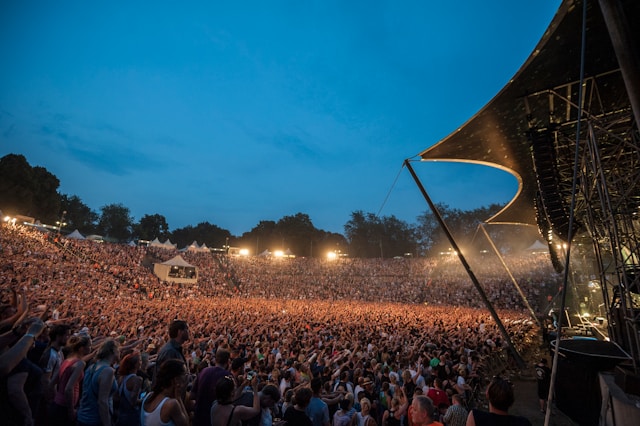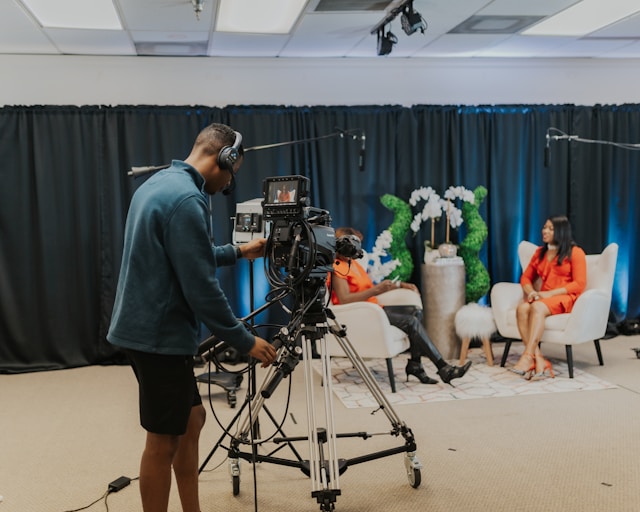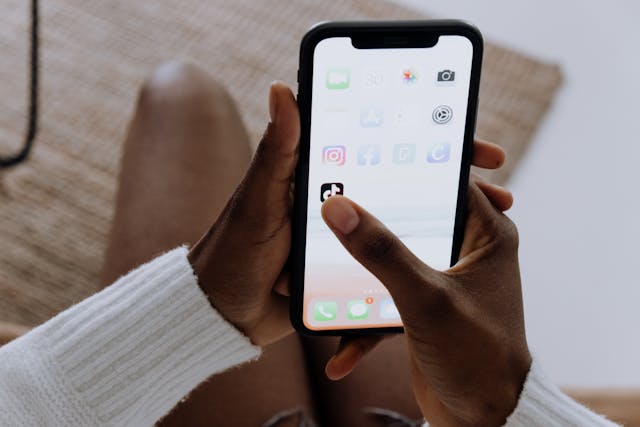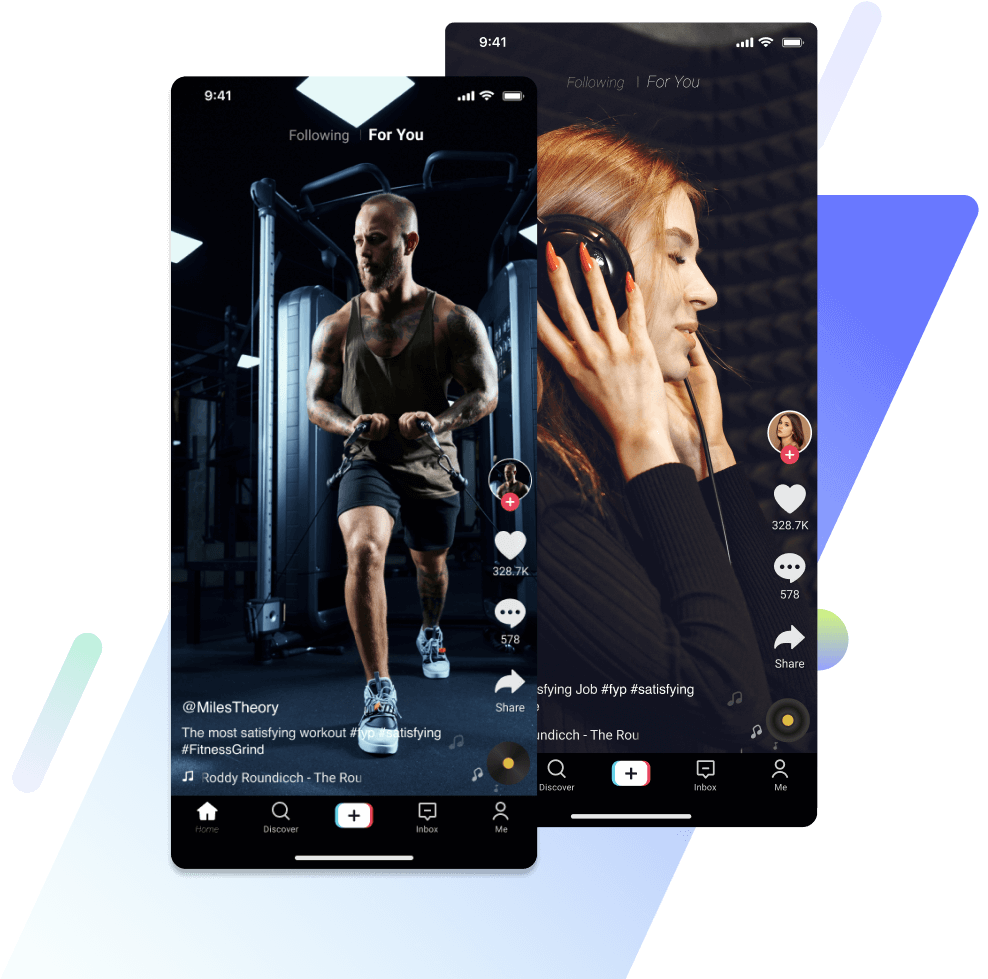Is TikTok Worse Than Other Social Media?
If you’re still deciding whether or not to create a TikTok account, you may wonder, “Is TikTok worse than other social media?” Concerns over how the platform handles users’ personal data and how its popularity may adversely impact mental health often prompt this question. What’s the real deal? Keep reading to find out.
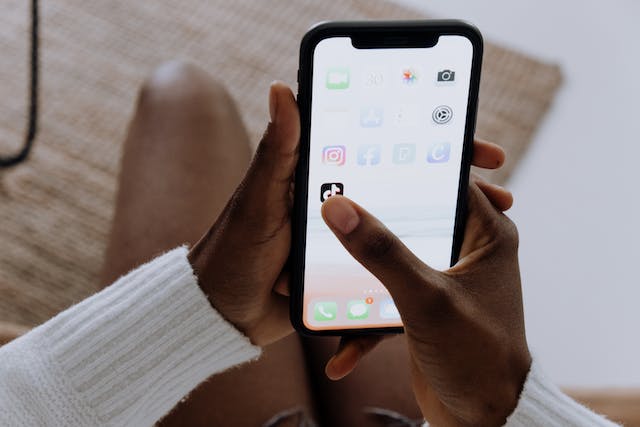
How Is TikTok Worse Than Other Social Media? How Is It Better?
Social media has been both a godsend and a bane to our existence. Countless users have used these channels as a force for good and for evil. Whatever your platform of preference, it reflects both the best and worst of humanity equally.
So, how is TikTok worse than other similar networks? We’ll also consider the opposite end of the spectrum and look at how it’s better than others.
Why Is TikTok Bad?
But why is TikTok bad? Let us settle the question once and for all. Here are the reasons that many don’t consider the immensely popular mobile video platform a good choice.
- Its parent company, ByteDance, is Chinese-owned and may be allowing the Chinese government access to users’ data and control the kinds of content users are exposed to.
- Dangerous TikTok challenges go viral too easily. The “blackout challenge” established this fact when at least 15 children under 13 died after participating.
- The chance to get more than 15 seconds of fame and become an overnight superstar comes at a high price. It also often leads to disillusionment and burnout. Charli D’Amelio, one of TikTok’s biggest breakout stars, makes a good case in point. She said, “Dance used to be the most fun thing in my life, and now I don’t like it. Social media has robbed me of that.” She added that she doesn’t know how long people expect her to keep going.
- Viral trends on TikTok may offer a distorted view of what really matters in life. Users participate in trends for views and likes so they won’t be left out. They often trade the more meaningful and enduring stuff of life with the short-lived and superficial affinity that trends promote.
- Trends on TikTok may also promote over-consumerism. Shoppers often end up with drawers, cabinets, and tables overflowing with barely used products they bought because their favorite influencers convinced them to do so.
- TikTok’s addictive nature leads to content over-consumption and dissociation from reality. If the platform itself feels the need to remind you to get off TikTok for a while, then you may have a TikTok addiction.
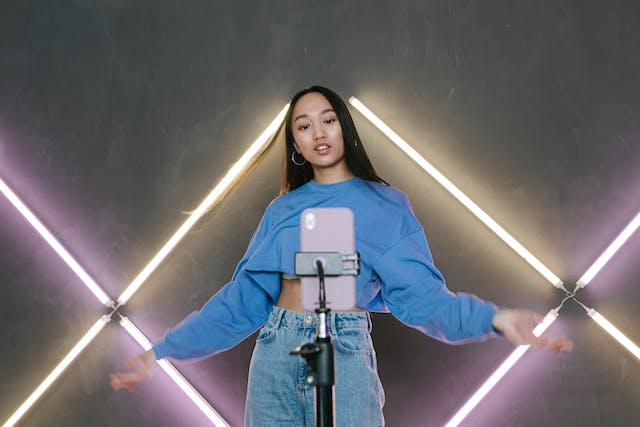
How Is TikTok Better Than Other Platforms?
In the essence of fairness, here’s a list of why TikTok is worth spending time on and what makes it better than other platforms.
- TikTok promotes creativity. Its unique and easy-to-use editing tools make it easy for anybody to create visually compelling content.
- TikTok promotes self-expression and provides a welcoming platform for all cultures and identities. Whatever you identify as, your cultural background, or your ideals, you’ll find a community on TikTok. It may offer genuine camaraderie with similar-minded folks — if you know where to look.
- TikTok is quick to address issues. Its privacy policy, screen time management, and parental controls are excellent examples of how TikTok promptly implements changes and improvements whenever and wherever they’re necessary.
- Anybody can go viral — regardless of follower count. TikTok’s recommendation algorithm is primarily interest-based. Via the aptly named For You feed, users discover videos based on their specified interests and interactions on the app. Videos from small and relatively unknown pages can quickly pick up steam when they land on the feeds of interested viewers.
- TikTok videos build more personal and familiar connections between creators and their audiences. This is because, most of the time, the creator is in front of the camera, speaking directly to their viewers. Unlike tweets, podcasts, or Facebook/IG posts, TikTok videos facilitate face-to-face, authentic interaction, which also helps build trust. This also makes TikTok a more effective channel for brand building, advertising, and influencer marketing.
- TikTok encourages authenticity. Despite the incredible effects and filters, creators feel safe to be their authentic selves on TikTok. While Instagram highlights enhanced aesthetics and flawless perfection, TikTok encourages candidness, silliness, and image-positivity.
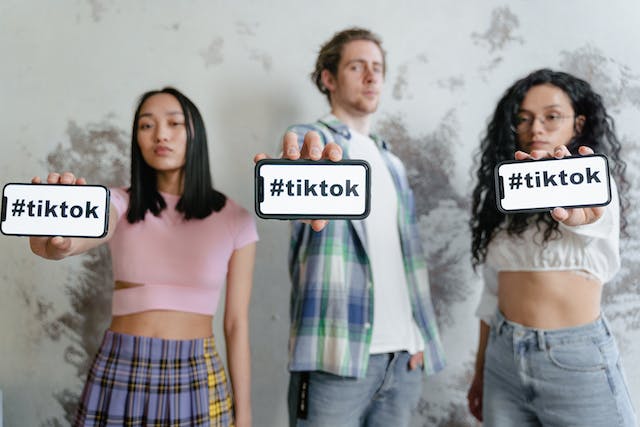
How Is TikTok the Same as Other Social Media?
In terms of user experience and its impact on society, how is TikTok the same as other social media?
- All platforms entice users to spend as much time as they want browsing through their feeds, interacting with others, shopping, etc.
- They often distract users from more important things in life and “un-ground” them from reality. Users lose track of time as they scroll through their endless feeds and watch video after video.
- They often promote selective realism. Users typically only see content they want to see from pages they choose to follow. This means social media exposes users mostly to their own biases, effectively and infinitely reinforcing these biases. Users are like a horse with blinders when viewing reality through their social media feeds.
- They’re responsible for the content economy boom, which has led to shorter and shorter attention spans, mental fatigue, the FOMO phenomenon, and overall dissatisfaction with one’s life.
- They’re all guilty of providing user information to advertisers as part of their Terms of Use. This reflects the wide elbow room users and governments alike have given these tech companies in terms of how they handle user data.
- On a positive note, social media has also made it easier for people from all walks of life, wherever they are in the world, to connect with each other. Families and friends can stay in constant touch. Everyone has convenient access to news and current events.

TikTok Is Both Better and Worse Than Other Social Media
TikTok remains the proverbial new kid on the block in the social media-verse. Within its existence of less than a decade, it has outperformed social media giants in a lot of ways.
While privacy issues continue to hound the network and cast worries over how it handles user’s personal data, it’s still quickly and steadily catching up to its predecessors. With more than a billion monthly users, there’s no doubt that TikTok’s addictive nature overshadows whatever security concerns other social media companies throw against it.
TikTok’s positive and negative aspects are pretty much the same as those of other social media apps. However, its greater popularity among the youth means it also has a bigger responsibility to protect the emotional and mental health of this younger and still highly impressionable demographic.
Is TikTok worse than other social media? In some ways, it is. But in many ways that are critical to social media success, TikTok is better than other platforms. Brands and creators often have an easier time building a strong online presence on TikTok.
And you can boost your advantage even further when you sign up for a High Social plan. Get enhanced audience-targeting precision with High Social’s advanced, proprietary AI technology. Reach more users who will likely become lifelong fans. Start growing your TikTok today!
TikTok Tips



